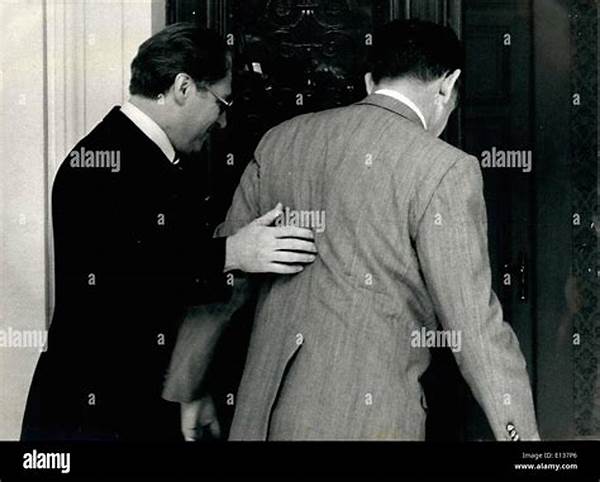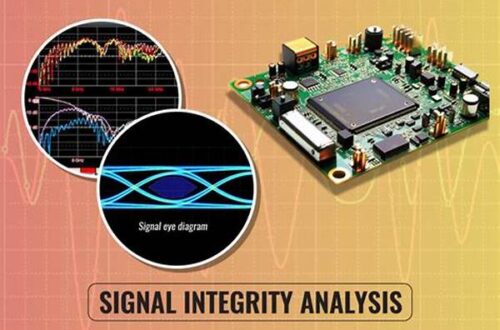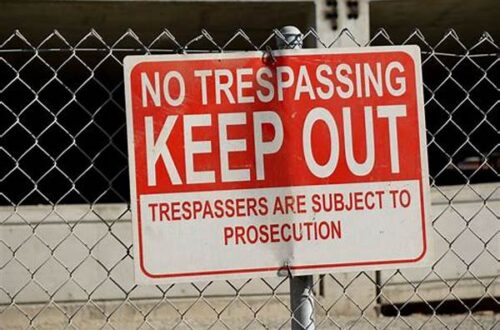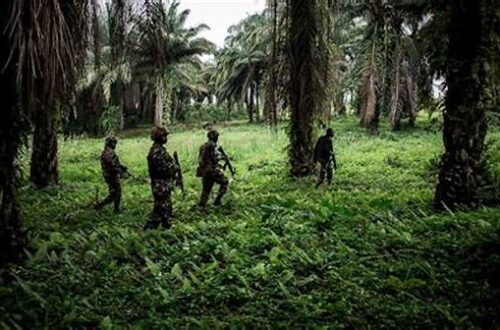The Strategic Arms Reduction Talks (START) have played a pivotal role in reducing the stockpile of nuclear weapons and promoting global peace. These negotiations, primarily between the United States and the Soviet Union, aimed to limit and eventually reduce the number of strategic offensive arms held by each superpower. As these discussions evolved over the years, they addressed not only the quantity of weapons but also emphasized verification and transparency measures. Utilizing a formal diplomatic approach, the strategic arms reduction talks have been instrumental in easing geopolitical tensions and fostering mutual trust. As global dynamics shift, continued dialogue and adherence to these principles remain vital for international security.
Historical Context of Strategic Arms Reduction Talks
The history of strategic arms reduction talks reveals a complex tapestry of negotiation efforts spanning several decades. Initiated during the Cold War era, these discussions reflected the urgent need to curb the arms race that threatened global stability. The initial conversations laid the groundwork for formal agreements, such as the START I treaty, signed in 1991. This treaty represented a landmark achievement, setting a precedent for subsequent negotiations. The strategic arms reduction talks demonstrated the commitment of nuclear powers to engage in meaningful dialogue, ultimately leading to significant reductions in nuclear arsenals and a more stable international environment.
Achievements and Challenges of Strategic Arms Reduction Talks
1. The strategic arms reduction talks catalyzed several pivotal treaties that substantially decreased the global nuclear arsenal, thereby promoting enhanced security.
2. A significant achievement was the fostering of international cooperation, as these talks encouraged dialogue between major nuclear-armed nations, ensuring a platform for continued diplomatic engagement.
3. Despite solid progress, the strategic arms reduction talks faced challenges, including differing national interests and evolving geopolitical landscapes, which sometimes impeded swift resolutions.
4. Verification procedures established during the strategic arms reduction talks were instrumental in building trust, as they allowed for transparency and accountability in the arms reduction process.
5. As the global political climate changes, the strategic arms reduction talks continue to offer a framework for addressing contemporary security threats and encouraging multilateral disarmament efforts.
Diplomatic Impact of Strategic Arms Reduction Talks
Strategic arms reduction talks have profoundly influenced international diplomacy by setting standards for arms control and disarmament. These negotiations underscored the significance of dialogue in mitigating the risk of nuclear confrontation. By fostering transparency and establishing verification protocols, the strategic arms reduction talks have enhanced trust among nations, creating a more secure global environment. The principles of mutual respect and cooperation, championed during these talks, have paved the way for subsequent arms control strategies beyond the bilateral arena, signifying their broader impact.
Roles of Verification in Strategic Arms Reduction Talks
Verification mechanisms have been a cornerstone of the strategic arms reduction talks, offering a systematic approach to ensuring compliance with agreed terms. These mechanisms facilitate confidence-building among nations by allowing independent monitoring and inspection of nuclear facilities. The strategic arms reduction talks have consistently emphasized the importance of robust verification protocols in reducing potential misunderstandings and fostering a climate of trust. This aspect of the talks has been critical in achieving substantive progress and remains a vital component in ongoing international arms control discussions.
1. Verification protocols emerged as fundamental aspects of the strategic arms reduction talks, supporting transparency and accountability.
2. Allowing for inspections and data exchanges, strategic arms reduction talks strengthened mutual trust among participating nations.
3. Effective verification systems provided assurance and encouraged compliance with the agreements struck during the strategic arms reduction talks.
4. The evolution of verification measures during strategic arms reduction talks influenced broader disarmament strategies globally.
5. Verification continues to be pivotal in sustaining agreements from the strategic arms reduction talks and facilitating future negotiations.
6. Robust verification procedures as part of strategic arms reduction talks enhanced security and minimized risks of treaty violations.
7. The integration of advanced technology in verification has been an innovative aspect of strategic arms reduction talks.
8. Strategic arms reduction talks’ commitment to verification instilled confidence in the process of nuclear disarmament.
9. Verification in strategic arms reduction talks exemplifies the necessity of transparency in effective arms control.
10. Verification remains an indispensable element of the strategic arms reduction talks’ legacy, guiding future arms reduction efforts.
The Future of Strategic Arms Reduction Talks
As global security dynamics evolve, the role of strategic arms reduction talks becomes increasingly crucial. The imperative to adapt to new challenges, such as the emergence of new nuclear states and advancements in military technology, underscores the necessity of ongoing dialogue. Strategic arms reduction talks must encompass a broader multilateral approach, involving not just traditional nuclear powers but also aspiring ones. Building on past successes, future negotiations should address these complexities, ensuring a comprehensive framework for sustained peace and security.
Strategic Arms Reduction Talks and Global Stability
The strategic arms reduction talks have undeniably contributed to global stability, showing how diplomacy can effectively mitigate nuclear threats. These initiatives have established a paradigm for addressing diverse security concerns through cooperative actions. By adhering to the principles of transparency and reciprocity, the strategic arms reduction talks have underscored the power of negotiation in averting conflicts. This legacy continues to inform current and future arms control efforts, affirming the value of sustained diplomatic engagement to preserve international stability amidst changing geopolitical landscapes.
Concluding Reflections on Strategic Arms Reduction Talks
In summary, the strategic arms reduction talks represent a monumental stride in the pursuit of international peace and security. By transcending political differences and fostering collaboration, these negotiations have reduced the peril of nuclear conflict and set a precedent for future disarmament efforts. The focus on verification and transparency during the strategic arms reduction talks has reinforced the importance of accountability in treaty compliance. As global challenges persist, the legacy of these talks endures, serving as a testament to the transformative power of diplomacy and cooperative security strategies.





